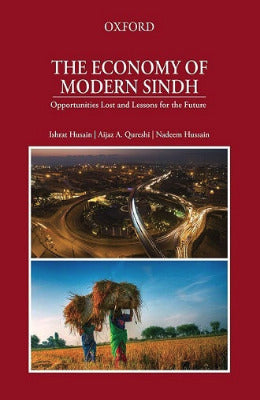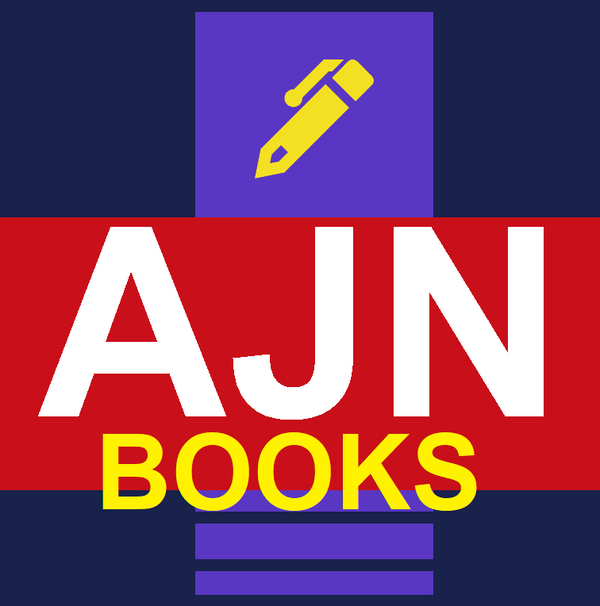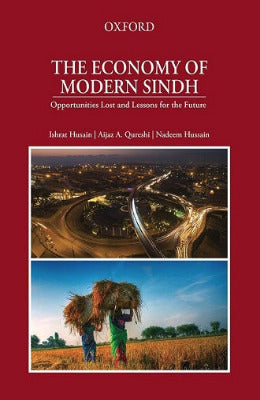The Economy of Modern Sindh
The Economy of Modern Sindh
The Economy of Modern Sindh Opportunities Lost and Lessons for the Future Ishrat Husain, Aijaz A. Qureshi, Nadeem Hussain
The Economy of Modern Sindh delves into the different aspects of Sindh’s economy—from geography, topography, climate, administrative history, and demographics, to the political landscape, education, health, labour force and employment, poverty and inequality, agriculture and water issues, infrastructure, industries, energy resources, and public finances—each is covered in a separate chapter. The book highlights the socioeconomic problems that have beset Sindh, arresting the province’s economic potential, and proposes a multi-pronged strategy to address these challenges. It offers an incisive and objective assessment of the various policies enacted and pursued by the Sindh government over the years. It also attempts to identify the particular issues that require reforms at the sectoral and micro level. The analysis on each aspect of Sindh’s economy is juxtaposed with the performance analysis at the national level as well as a comparison with Punjab that allows for a relative appraisal of Sindh’s socioeconomic standing.
AUTHOR DESCRIPTION
Ishrat Husain is presently Adviser to the Prime Minister on Institutional Reforms and Austerity. During 2016–17, he was Public Policy Fellow at the Woodrow Wilson Center in Washington DC. He has served as Dean and Director, Institute of Business Administration (IBA), Karachi (2008–16); Chairman, National Commission for Government Reforms (2006–08); and Governor, State Bank of Pakistan (1999–2005). Dr Husain has also had a distinguished career at the World Bank for over two decades (1979–1999). He has a Master’s in Development Economics from Williams College and a PhD in Economics from Boston University. He is a graduate of the Executive Development programme jointly sponsored by Harvard, Stanford, and INSEAD. Dr Husain has received the highest civilian awards, the Nishan-e-Pakistan (2016) and the Hilal-e-Imtiaz (2003). His other publications include Governing the Ungovernable (OUP 2018), Economic Management in Pakistan 1999–2002 (OUP 2003), and Pakistan: The Economy of an Elitist State (OUP 1999).
Aijaz A. Qureshi is an educationist and development professional. His experience spans over forty years in education research, community development, social mobilisation, environmental management, participatory development, and change management. He has been professor of development economics at the University of Sindh, Jamshoro for about twenty-five years where he also served as Director, Sindh Development Studies Center, Institute of Business Studies. He headed the National Rural Support Programme (NRSP), Sindh Rural Support Organisation (SRSO), Sindh Irrigation and Drainage Authority (SIDA), and Sindh Rural Support Programme (SRSP), in Sindh. Prof. Qureshi has been a Visiting Fellow at Wye College, University of London, UK.
Nadeem Hussain is a visiting Research Fellow at the Institute of Business Administration (IBA), Karachi. He has extensive experience of working with government, international development institutions, and not-for-profit organisations. He has worked with the State Bank of Pakistan where he led a team of research enumerators to collect information on consumer expectations and confidence. He writes on a range of subjects covering e-governance, poverty, and social change. His research interests include public finance, political economy and sociology, institutional development, economic growth, and private sector development. He has attended a student leaders’ programme with the Study of the US Institutes (SUSI) at the University of Massachusetts (UMass), Amherst, USA.
The Economy of Modern Sindh delves into the different aspects of Sindh’s economy—from geography, topography, climate, administrative history, and demographics, to the political landscape, education, health, labour force and employment, poverty and inequality, agriculture and water issues, infrastructure, industries, energy resources, and public finances—each is covered in a separate chapter. The book highlights the socioeconomic problems that have beset Sindh, arresting the province’s economic potential, and proposes a multi-pronged strategy to address these challenges. It offers an incisive and objective assessment of the various policies enacted and pursued by the Sindh government over the years. It also attempts to identify the particular issues that require reforms at the sectoral and micro level. The analysis on each aspect of Sindh’s economy is juxtaposed with the performance analysis at the national level as well as a comparison with Punjab that allows for a relative appraisal of Sindh’s socioeconomic standing.
ISBN 9780190702458
Weight in kg 1.150
Rights World
Year of Publication 2019
Binding Hardback
Pages 596
Product features
Product features
Materials and care
Materials and care
Merchandising tips
Merchandising tips
Share


